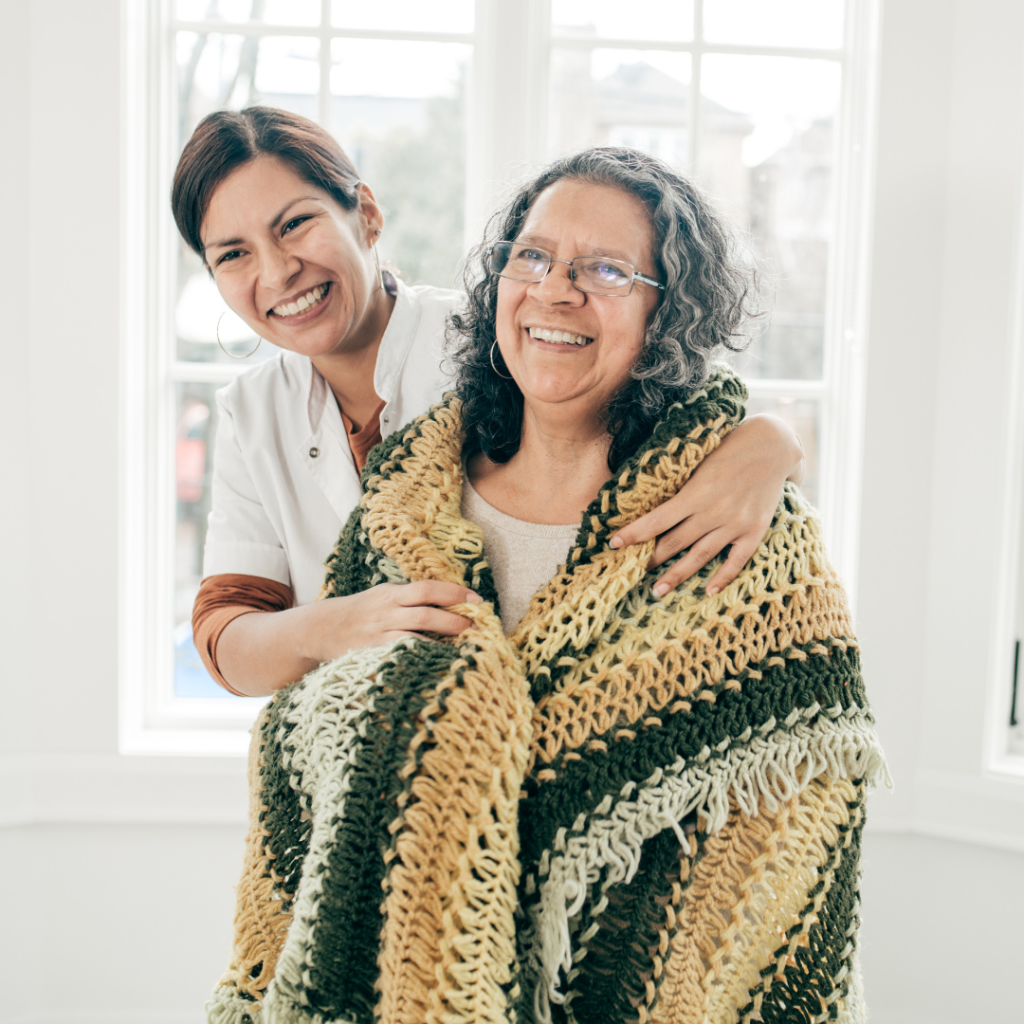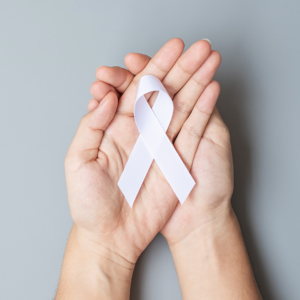Six Ways Corporate Volunteering Programs Increase Profitability
Many studies have shown that businesses with volunteering programs are in a better economic position because they save costs and increase sales. Let’s explore seven specific ways that corporate volunteering programs increase profitability.
read moreSelf-Care for Caregivers
It can be difficult to accept that you need care, too. You can tell yourself that once your loved one no longer needs your help, you will take the time for self-care, but this delay in meeting real needs can also lead to poor health and deepening stress.
read moreCancer Survivorship: The Journey that Follows a Lung Cancer Diagnosis
Survivorship is often mistakenly thought of as the end of the cancer journey, the finish line. However, you are considered a cancer survivor from the time of diagnosis through the rest of your life.
read moreHow Can I Keep My Family Safe from Radon?
Radon is an odorless, tasteless, and colorless gas that could be an uninvited guest in your house right now. Do you know whether your family is safe from its damaging and potentially deadly effects?
read more




